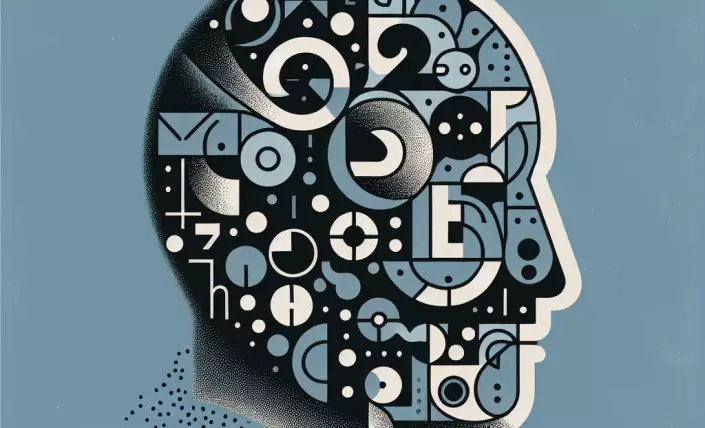In an age where technological marvels and scientific advancements are heralded as the pinnacles of human achievement, it is both provocative and necessary to pause and question the very essence of progress. Gilbert Keith Chesterton, an early 20th-century philosopher and writer, often explored the paradoxes inherent in modernity, challenging the notion that progress is inherently virtuous. His reflections urge us to consider whether advancements, while undeniably beneficial, may also be leading us away from fundamental truths about human nature and existence.
Chesterton's philosophy offers a compelling critique of the blind faith in progress that characterizes contemporary society. He argued that the relentless pursuit of advancement, without a clear understanding of its ultimate purpose, risks eroding the very values that define our humanity. In a world increasingly defined by efficiency, speed, and innovation, there is a danger of losing sight of the deeper meanings of life. The paradox Chesterton highlights is that in striving to conquer nature and transcend limitations, we may inadvertently surrender our sense of wonder and our capacity for genuine connection.
The crux of Chesterton's argument lies in the concept of paradox itself—a theme recurrent in his work. He believed that truth often resides in seemingly contradictory ideas, and that embracing these contradictions can lead to a richer understanding of life. In the context of progress, the paradox is that while advancements can bring about improvement, they can also create new challenges and ethical dilemmas. For instance, technological progress has undoubtedly improved communication, yet it has also contributed to isolation and a diminished sense of community. Scientific discoveries have extended life expectancy, yet they have also raised profound questions about the quality of life and the ethical implications of prolonging life at all costs.
Chesterton's insights compel us to reflect critically on the trajectory of human progress. Are we advancing towards a more enlightened and humane society, or are we simply accelerating towards an uncertain future, driven by the momentum of our own inventions? The philosopher's reflections underscore the importance of asking not only whether we can achieve something, but whether we should. This necessitates a reassessment of our values and priorities, encouraging a dialogue between tradition and innovation.
Ultimately, Chesterton's perspective invites us to cultivate a deeper awareness of the paradoxes that define our existence. By embracing the complexities of progress, we can strive for a balance that honors both the marvels of human ingenuity and the timeless truths of human experience. In doing so, we may find a path that leads not only to advancement, but to a more profound and meaningful engagement with the world around us.










